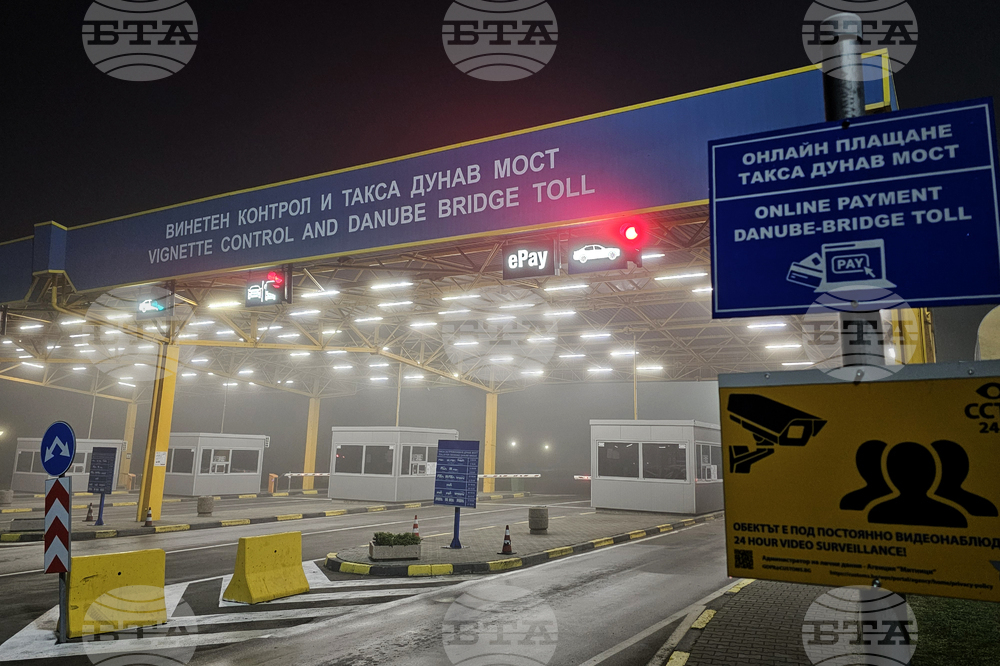site.btaBulgaria's Full Schengen Membership Could Address Key Transportation Issues, Says Road Hauliers' Director


Bulgaria's accession to the Schengen free movement area could resolve key challenges in the transportation sector, Dimitar Dimitrov, Executive Director of the Chamber of Bulgarian Road Hauliers (CBRH), said in a BTA interview on Thursday.
Dimitrov highlighted that eliminating border checks would boost Bulgaria's appeal as an exporter, though additional improvements remain necessary. "Our calculations, conducted with colleagues, show that road carriers lose approximately EUR 300 million annually while waiting at the Romanian border. These costs ultimately burden consumers through higher transportation prices," he explained.
Border delays with Romania currently average 10-15 hours annually due to traffic congestion, enhanced border controls, and outdated infrastructure. Dimitrov believes that streamlining the movement of goods across borders would not only enhance efficiency but also make the sector more attractive to prospective employees.
There is a shortage of hundreds of thousands of drivers for European routes. Many Bulgarian drivers refuse to work on routes involving Bulgaria and Turkiye due to the prolonged waiting times at border crossings, Dimitrov said. "With Schengen, crossing into Romania should take just a few minutes, theoretically eliminating queues. So far, we are optimistic," he added.
Dimitrov emphasized the strategic opportunity that Schengen membership presents for Bulgaria, particularly in attracting foreign investment. "As a nation, we export transportation services, facilitating trade from Turkiye to Europe and within the EU. Enhanced connectivity could make us more competitive and attract investments to establish factories and industries," he noted.
However, Dimitrov cautioned that joining Schengen also raises critical questions about the state of Bulgaria's infrastructure. He pointed out that many roads, especially near the Kapitan Andreevo border crossing—vital for trade with the Middle East and Far East—are ill-equipped for heavy traffic.
"There are two challenges we must address. First, Schengen will increase transit traffic through Bulgaria, especially along the Greece-Bulgaria-Romania corridor leading to Europe. Greek ports are likely to handle more cargo, increasing pressure on our infrastructure. Yet, our current road network is not ready. Trucks must now detour 150-200 km due to the closed road between Botevgrad and Mezdra. The condition of our infrastructure is below what Bulgarian citizens expect. Substantial state investment is urgently needed to repair and reopen these critical routes," Dimitrov explained.
He also noted Bulgaria's geographic advantage as a neighbour to Turkiye, one of the world’s largest economies. A significant volume of carriers transit through Bulgaria on this route. "Turkiye serves as a gateway to the Middle East and Far East. The Kapitan Andreevo and Lesovo crossings are already heavily congested and will face even greater pressure. Waiting times to enter Bulgaria can reach up to five days. These crossings must be restructured and expanded, and new border points should also be considered. Expansion projects for Kapitan Andreevo are underway, and we hope to see them implemented soon," Dimitrov concluded.
/KK/
news.modal.header
news.modal.text